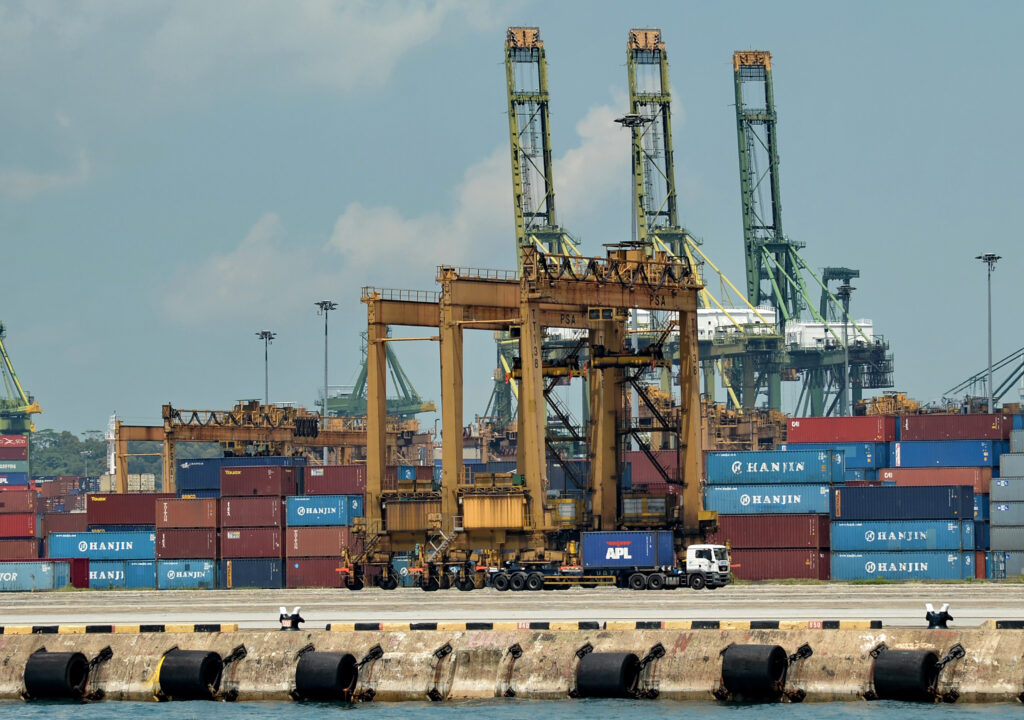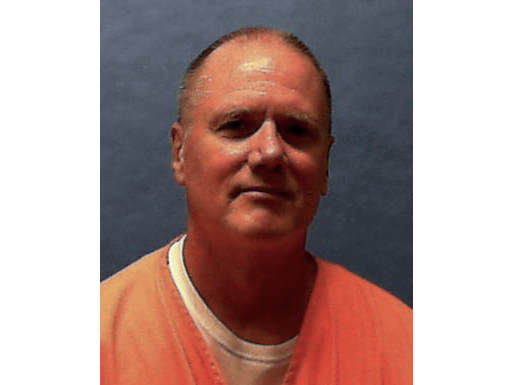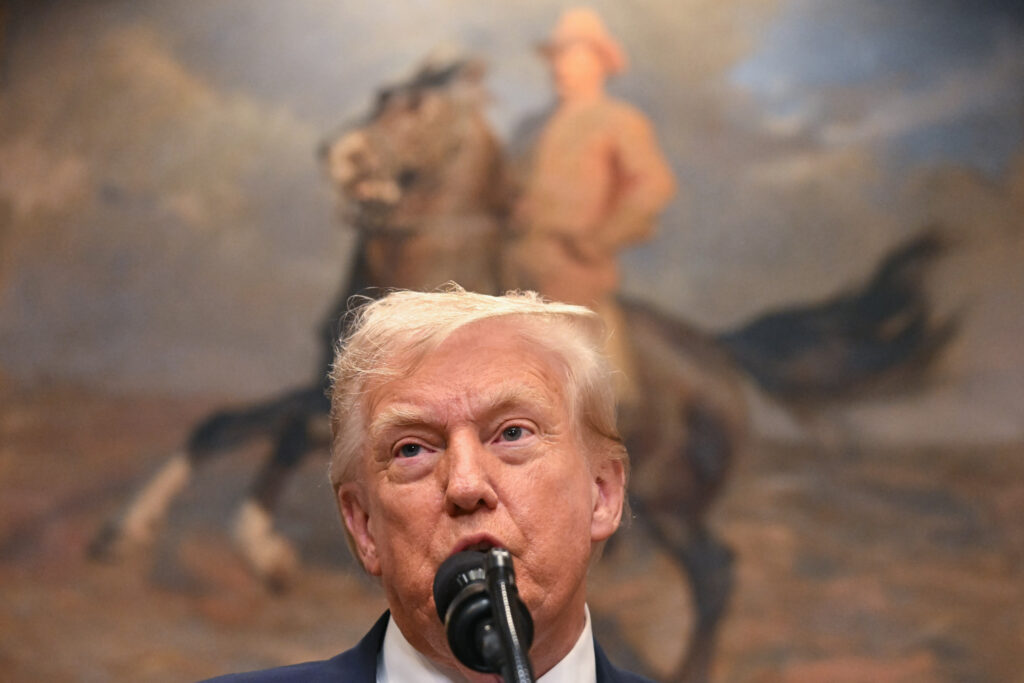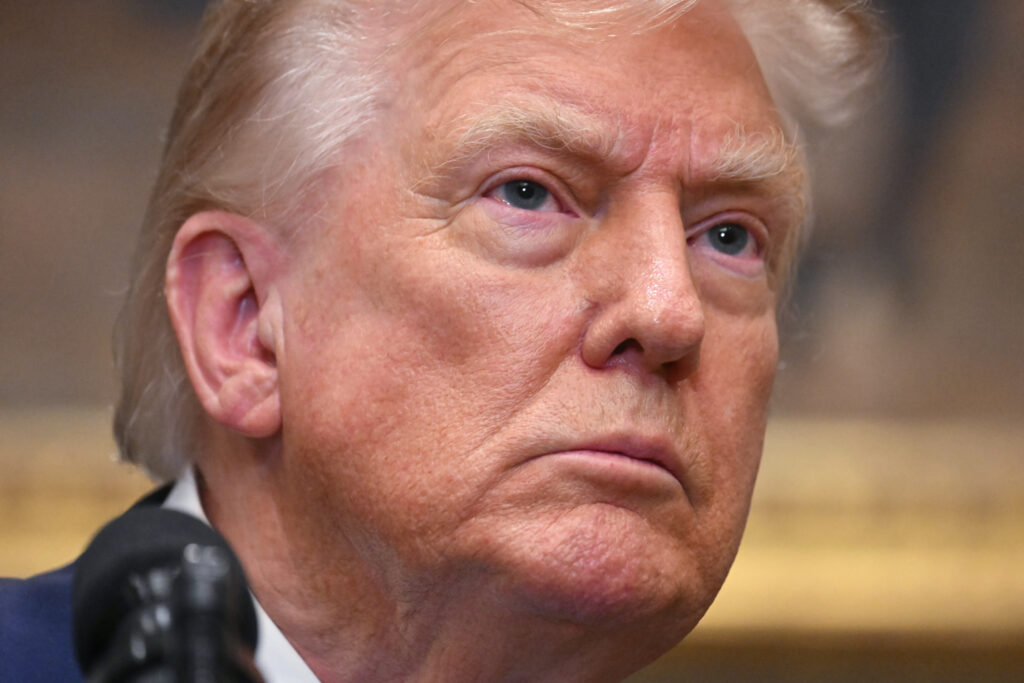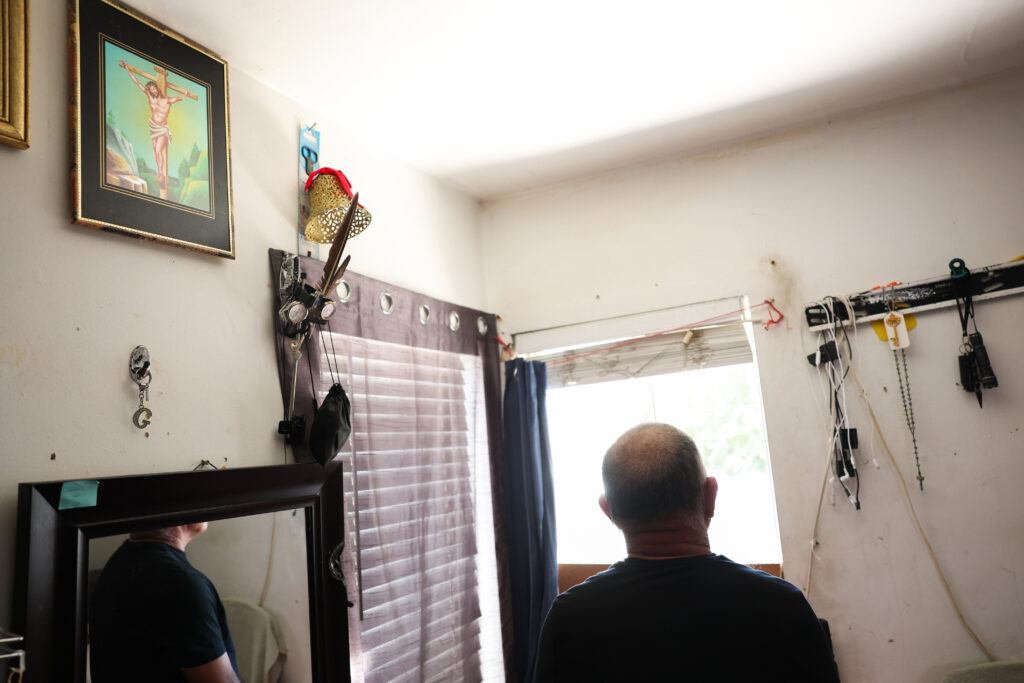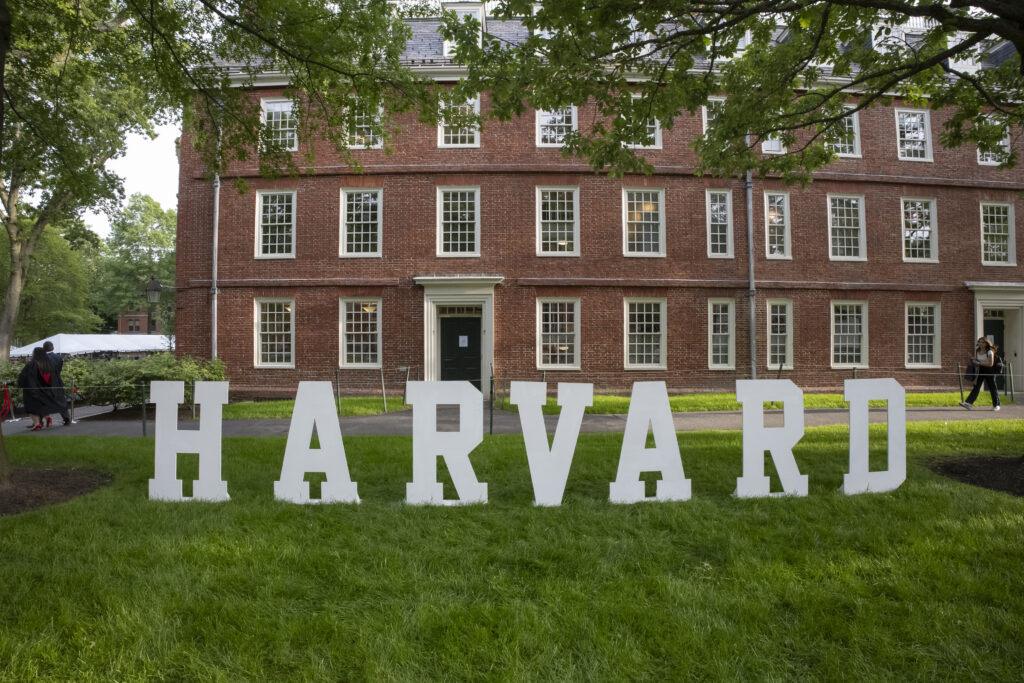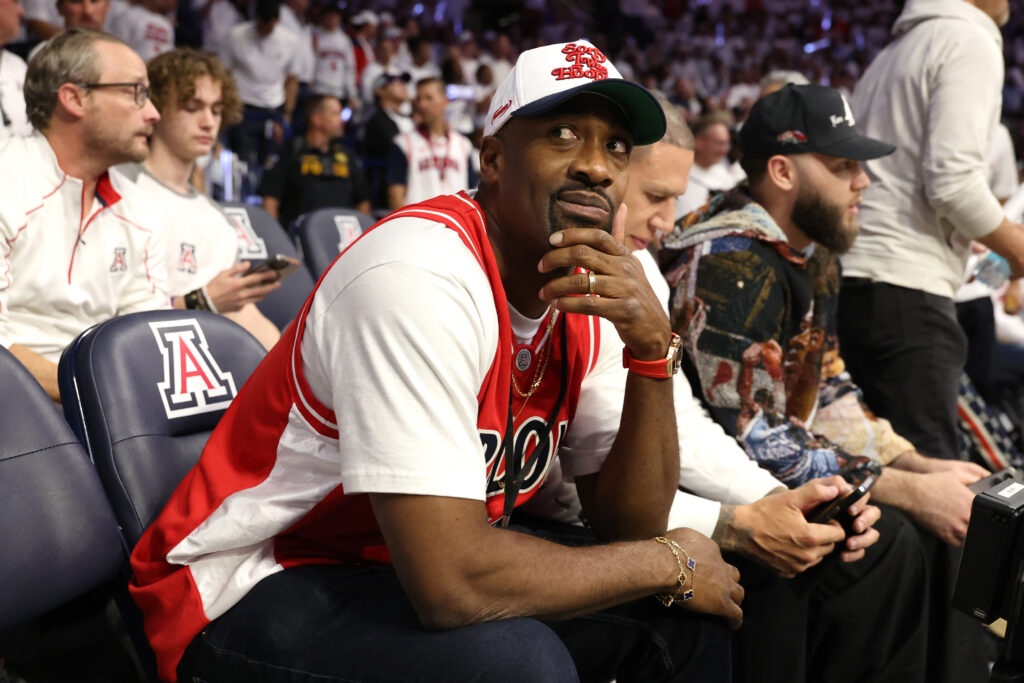AI gives stocks a lift, dollar mixed tracking Fed, tariffs
Investor enthusiasm for artificial intelligence kept Wall Street buoyant Thursday as Microsoft surfed a tech wave to pass $4 trillion in market value even as traders weighed Federal Reserve rates caution.US tariffs and a Fed decision Wednesday to hold rates steady as inflation stays stubbornly high in the United States could not dampen down the bulls piling into tech.Shares of Microsoft vaulted around five percent after it reported $27.2 billion in quarterly profits as it touted massive investments in AI, joining fellow AI star Nvidia in leaping the $4 trillion value barrier.Just over two hours into trading, Wall Street had lost a smidgin of its earlier momentum as the Dow was flat while the tech-rich Nasdaq Composite Index had added 0.8 percent as the broader S&P 500 rose around half of one percent.Europe was sluggish, meanwhile, London sliding just into the red by the close while eurozone indices Paris and Frankfurt both lost around one percent. “As Wall Street braces for a slew of further tech earnings and key economic data releases, volatility looks set to rise — particularly with the looming tariff deadline tomorrow, on 1st August, casting a shadow over sentiment,” said Fawad Razaqzada, market analyst with FOREX.comAhead of US jobs data Friday, focus was on company earnings, with Microsoft and Facebook owner Meta posting better-than-expected earnings, the latter seeing its shares soar 12 percent.With US rates on pause for now, “often, that might have been enough to send traders scurrying for cover — but strong earnings results from some of the leading US tech companies have kept sentiment strong, allowing markets to make new gains this morning,” said Steve Clayton, head of equity funds at Hargreaves Lansdown.The latest developments on the tariffs front saw US President Donald Trump announce a deal that sees 15 percent levies on South Korean goods and a commitment from Seoul to invest $350 billion in the United States.The president Thursday said his sweeping tariffs were making the US “great & rich again”.Earlier, he revealed India would face 25-percent tolls, coupled with an unspecified penalty over New Delhi’s purchases of Russian weapons and energy.Trump has also signed an executive order implementing an additional tax on Brazilian products, as he lambasts what he calls Brazil’s “witch hunt” against his far-right ally, former president Jair Bolsonaro, on coup charges.Traders are keeping tabs on talks with other countries that are yet to sign deals with Washington ahead of Trump’s self-imposed Friday deadline.After a broadly negative session Wednesday on Wall Street, Asian markets struggled.Hong Kong, Shanghai, Sydney, Singapore, Seoul, Manila, Wellington and Jakarta closed lower, while Tokyo, Taipei, Mumbai and Bangkok climbed.The yen retreated against the dollar after the Bank of Japan decided against hiking interest rates, while lifting economic growth and inflation costs. – Key figures at around 1545 GMT -New York – Dow: FLAT at 44,434.37 pointsNew York – S&P 500: UP 0.7 percent at 6,390.88New York – Nasdaq: UP 1.3 percent at 21,307.73London – FTSE 100: DOWN 0.1 percent at 9,132.81 (close)Paris – CAC 40: DOWN 1.1 percent at 7,771.97 (close) Frankfurt – DAX: DOWN 0.8 percent at 24,065.47 (close)Tokyo – Nikkei 225: UP 1.0 percent at 41,069.82 (close)Hong Kong – Hang Seng Index: DOWN 1.6 percent at 24,773.33 (close)Shanghai – Composite: DOWN 1.2 percent at 3,573.21 (close)Euro/dollar: UP at $1.1435 from $1.1409 on WednesdayPound/dollar: DOWN at $1.3220 from $1.3239Dollar/yen: UP at 150.58 yen from 149.50 yenEuro/pound: UP at 86.46 pence from 86.15 penceWest Texas Intermediate: DOWN 1.8 percent at $68.72 per barrelBrent North Sea Crude: DOWN 1.1 percent at $72.43burs-bcp/ajb/cw/kjm
